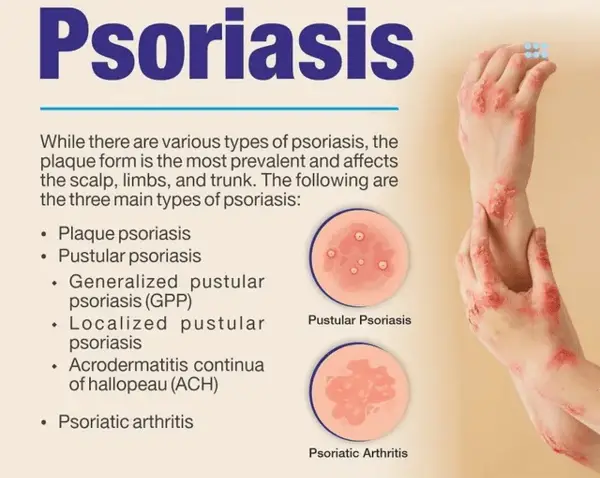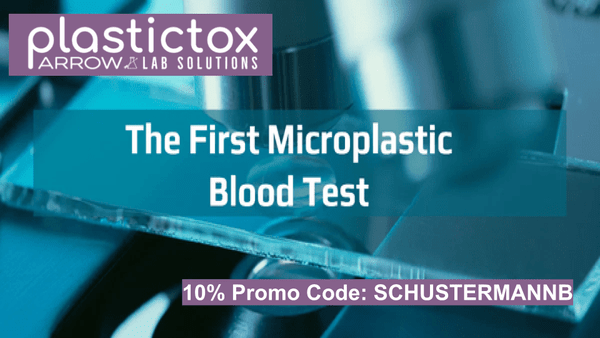Chronic skin conditions impact millions of people worldwide, often leading to significant lifestyle changes and medical interventions. Among these Dermal conditions, particularly plaque psoriasis and eczema, require careful management and understanding. Because skin disorders can affect anyone, regardless of age or background, they have become a significant concern in modern healthcare. The growing prevalence of these conditions highlights the importance of early detection and proper treatment protocols.
Contents
Understanding Plaque Psoriasis
Plaque psoriasis, a common autoimmune skin disorder, triggers the rapid growth of skin cells. This skin inflammation causes thick, scaly patches to form on the skin’s surface. Plaque psoriasis, unlike other cutaneous diseases, stems from the immune system attacking healthy skin cells, leading to ongoing inflammation. These skin problems often persist without proper medical intervention and consistent care. Recent research reveals that genetic factors play a significant role in developing these autoimmune skin disorders. Nourish Your Body and Wel Being
Identifying Psoriasis Symptoms and Triggers
The primary signs of plaque psoriasis treatment often begin with small, red patches appearing on elbows, knees and scalp. These skin ailments frequently worsen during cold weather, while moderate sun exposure may offer relief. Stress remains a significant trigger for autoimmune skin disorders, often leading to sudden flare-ups. Understanding and managing these triggers plays a crucial role in controlling symptoms. Environmental factors, including humidity levels and exposure to certain chemicals can significantly impact symptoms severity.
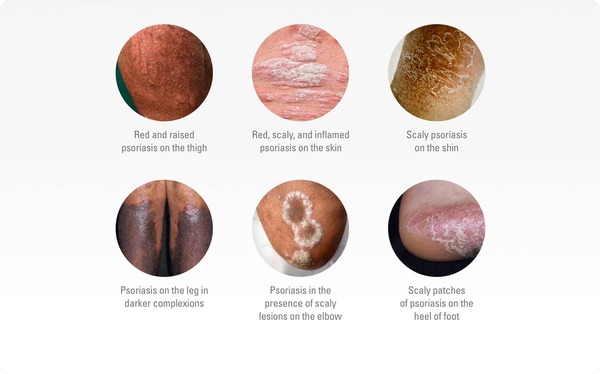
Treatment Options for Psoriasis
Modern plaque psoriasis treatment options include several effective approaches. Dermal conditions like psoriasis respond well to combination therapy, including topical corticosteroids and vitamin analogues. Corticosteroids work by reducing inflammation in the area. Vitamin D analogues work by slowing down the overproduction of skin cells. NFL Ticket Exchange: Your source for all NFL tickets.
For more severe cases, systemic medications are offered orally or by injections. Biological medications target specific parts of the immune system. Otezla works my addressing underlying inflammation processes that contribute to these skin disorders.
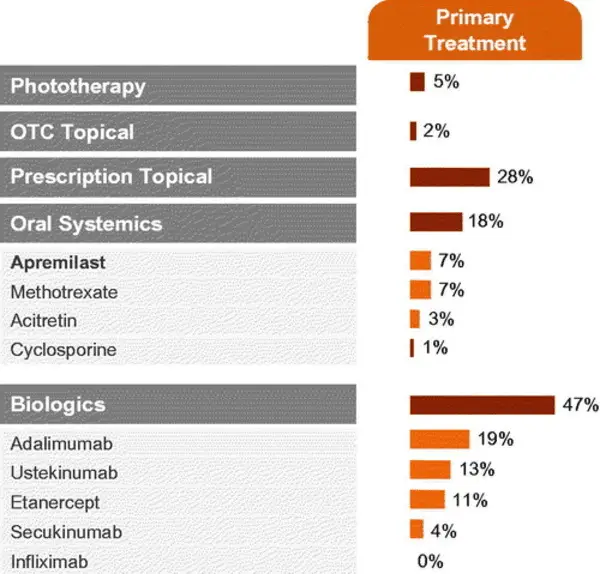
Understanding Eczema
Unlike plague psoriasis, eczema stems from a combination of genetic and environmental factors. This chronic skin inflammation, also known as atopic dermatitis, involves both immune system responses and skin barrier dysfunction. Recent studies indicate a strong correlation between eczema development and early childhood environmental exposures.
Managing Eczema Symptoms
Eczema symptoms typically include intense itching, redness, and skin inflammation. These cutaneous diseases often affect the face, hands, and joint areas. The itchy skin often leads to further scratching, irritating the skin further. Various plaque psoriasis treatment options and eczema-specific medications help manage these dermal conditions effectively. The key to successful management lies in constant care and proper medications use. Regular moisturizing and avoiding known triggers form the foundation of symptom management. See Osprey Lifestyle gear for hiking, biking and travel.
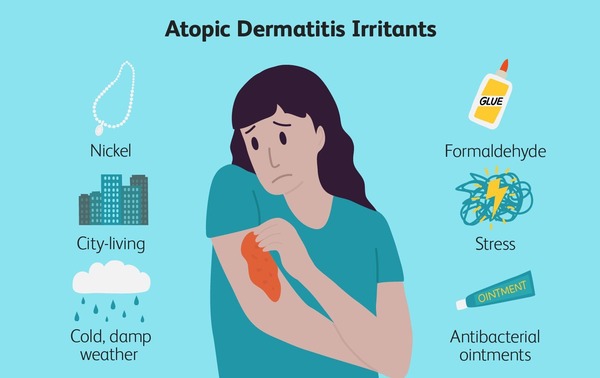
Diet and Lifestyle Managment
Managing chronic skin conditions often requires comprehensive lifestyle modifications. People with skin ailments benefit from dietary adjustments. These adjustments include avoiding trigger foods and incorporating anti-inflammatory options. Common foods to avoid include diary, eggs, nuts, and wheat. Foods that may help reduce eczema symptoms include those rich in omega-3 fatty acids (fatty fish such as salmon), fermented foods, and antioxidants,
Impact on Daily Life
These skin problems significantly affect work productivity and quality of life. While autoimmune skin disorders like psoriasis may cause more mossed workdays, both conditions require ongoing managements and care. The impact extends beyond physical symptoms, often affecting social interactions and emotional well-being. Support from healthcare providers and family members proves essential for managing these dermal conditions effectively. For many, support improves when participating in support groups or counseling sessions. Transform you Health with Ora Organic.
Current treatment options for these chronic skin conditions require multi-faceted approach. Prescription medications is one approach, as it forms the cornerstone of treatment for many patients. Additiionally, over-the counter remedies provide additional support. Lifestyle modifications, combined with proper skin care routines, help maintain symptom control. Stress management techniques play a vital role in preventing flare-ups of these cutaneous diseases. Most patients find success through a combination of medical treatments and lifestyle adjustments. Light treatment is an emerging therapy that show promising results for severe cases. Learn more about Ritual Multi Vegan Supplement.
Remember to consult your healthcare provider for proper evaluation and personalized treatment of any skin disorders. Staying informed about new treatment options and research developments helps patients make educated decisions about their care. As always, this article is for information purposes only.
Barry Schustermann
Follow me on X @ BarrySchust
Follow me on Facebook @ Barry Schustermann
On Bluesky @ BarrySchust
External References:
1 National Psoriasis Foundation – About Psoriasis
https://www.psoriasis.org/about-psoriasis/
2 American Academy of Dermatology – Eczema Resource Center
https://www.aad.org/public/diseases/eczema
3 Mayo Clinic – Psoriasis: Diagnosis and Treatment
https://www.mayoclinic.org/diseases-conditions/psoriasis/diagnosis-treatment/drc-20355845
4 National Eczema Association – What is Eczema?
https://nationaleczema.org/eczema/
5 WebMD – The Best New Medications & Treatments for Psoriasis
https://www.webmd.com/skin-problems-and-treatments/psoriasis/research
